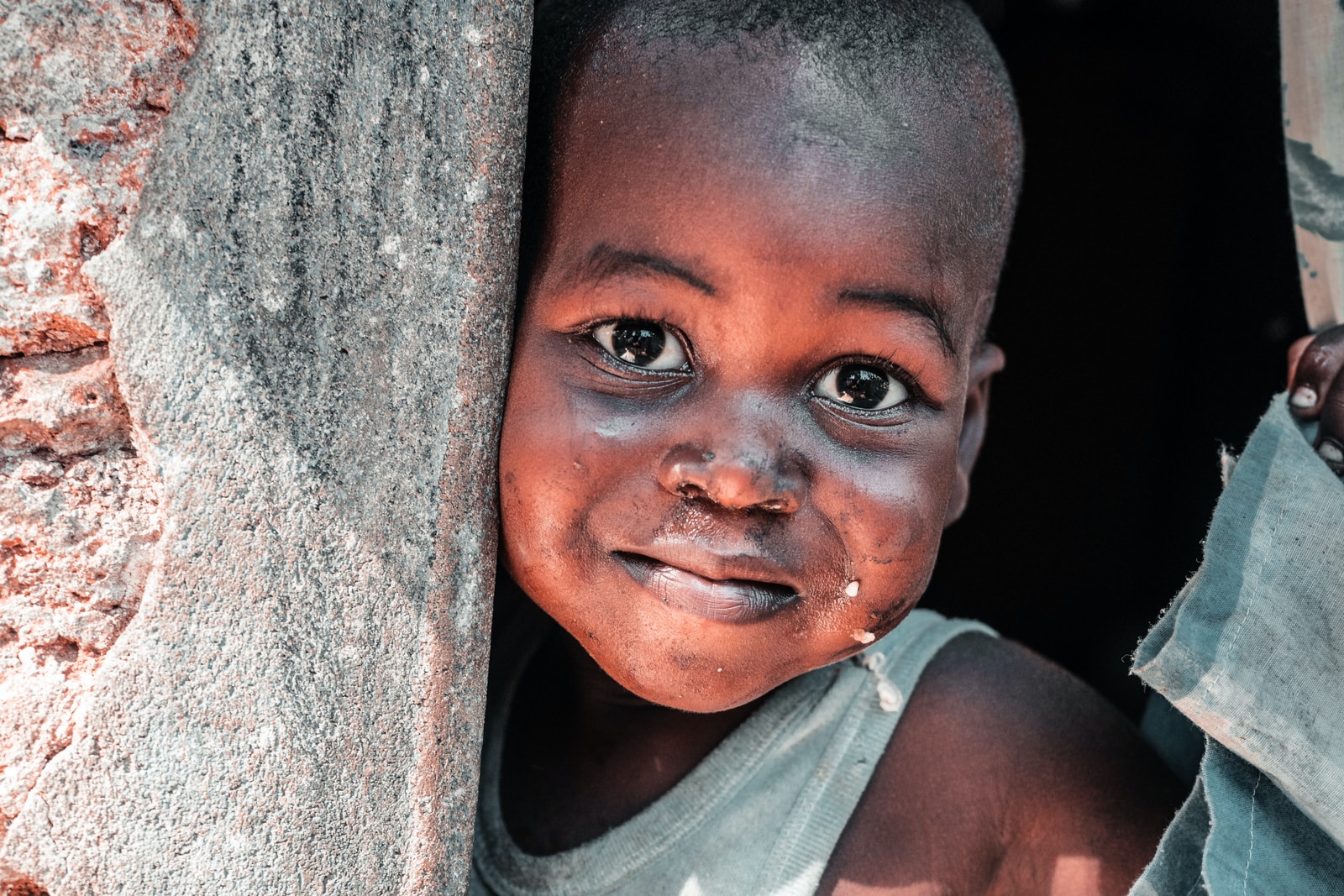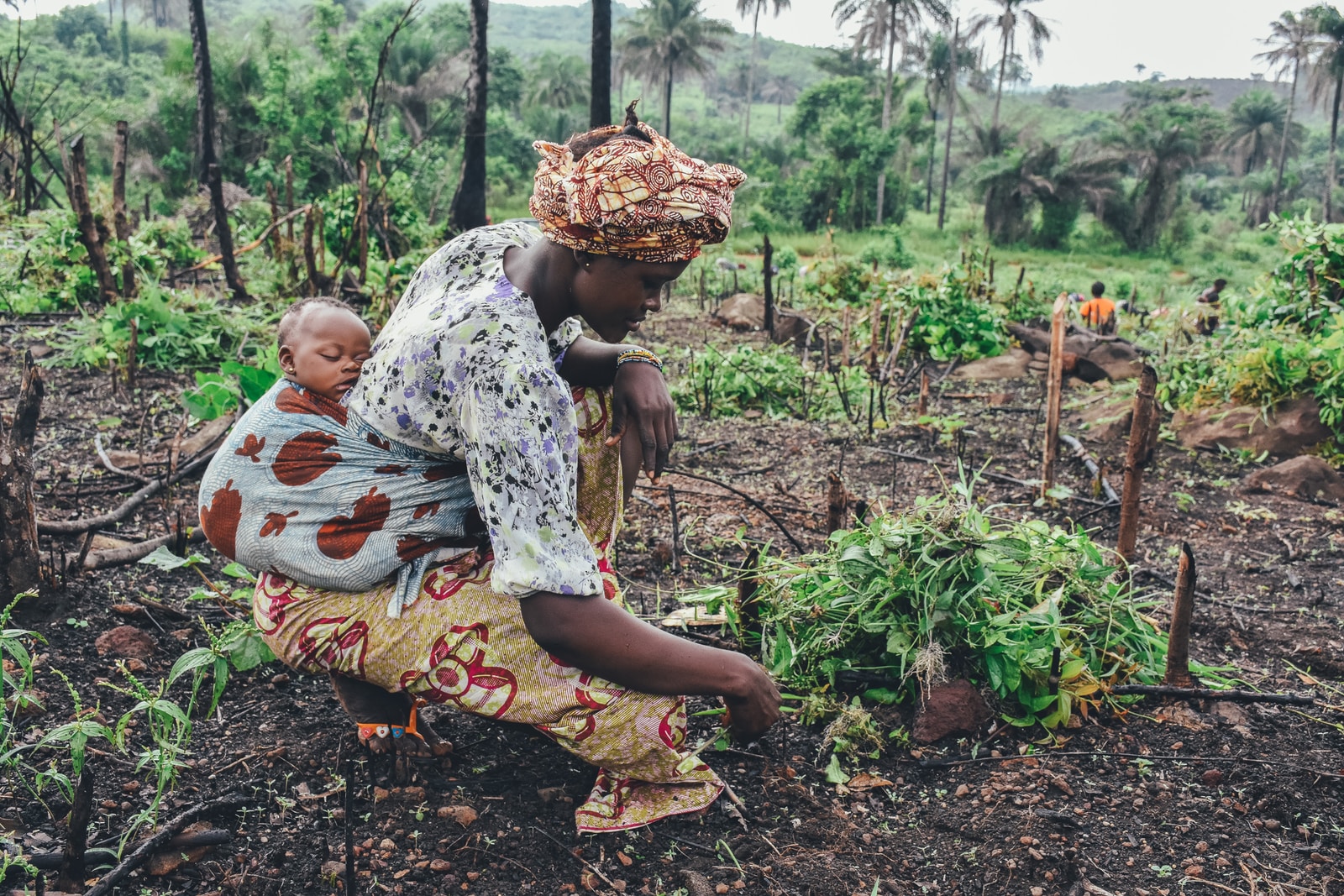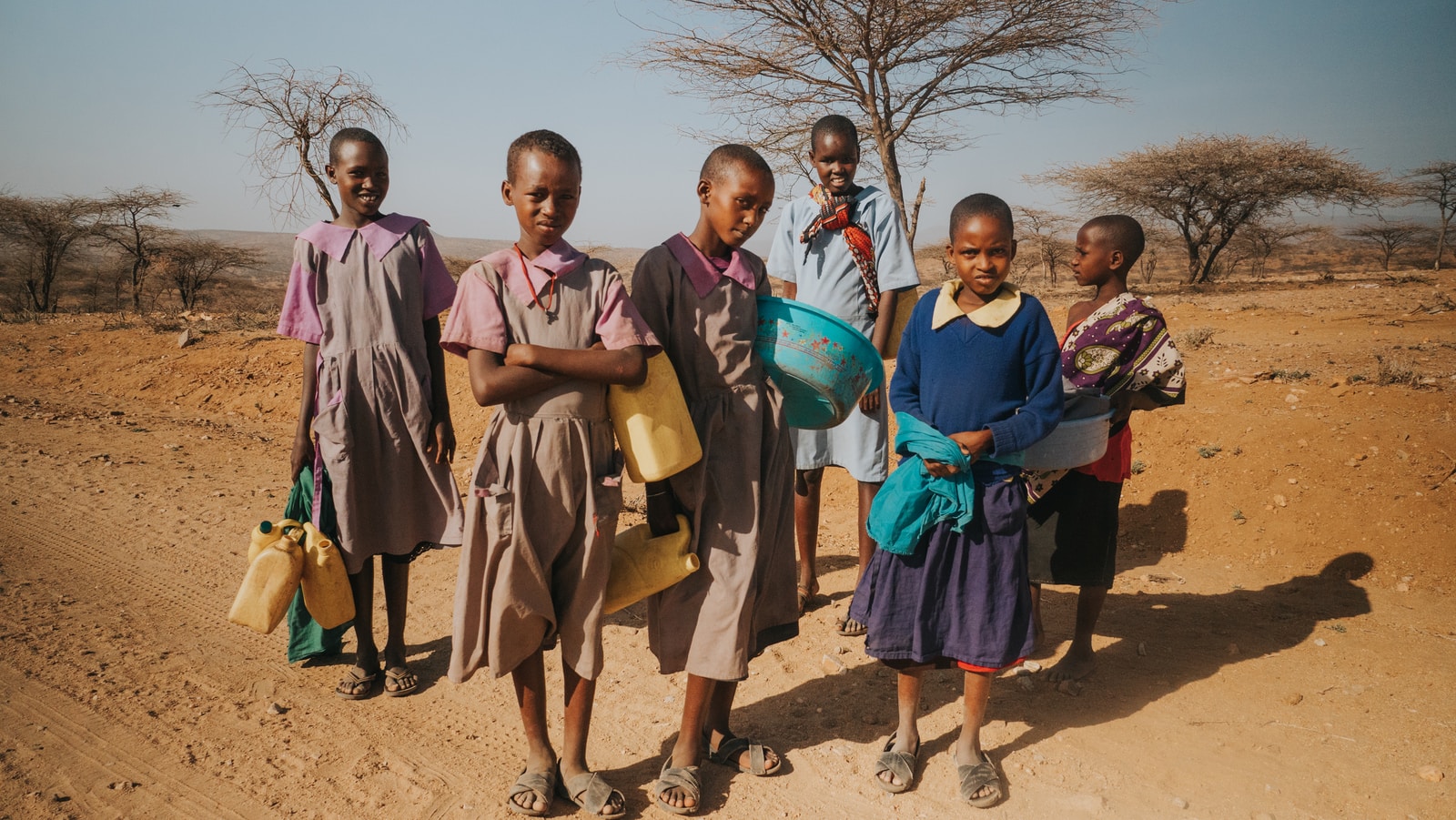Table of Contents
Owen Jennings

One of the memories seared into my mind is of sitting in a mud-walled, mud floored, poorly thatched hut, choking on smoke from the small open fire in the centre of the room, eating sadza or maize porridge. Sadza is on the menu tonight too. It is all they have. Watching warily at the open door were a half a dozen big-eyed, pot-bellied, frighteningly thin kids. Dad had long since succumbed to AIDS. Mum survived somehow on an equivalent of our 30 cents a day, working 10 to 11 hours every day.

That’s much of Africa. Even today.
We are busy arguing about how many charging stations we need for our $80,000 electric car – Anaisha doesn’t even have a bike. We install energy-saving light bulbs – Anaisha doesn’t even have a candle. We want to build $800 million cycleways – Anaisha walks a mud road avoiding thieves and fake tax collectors. We build $5 million wind generators – Anaisha has never experienced any electricity.
We preen our feathers over having women on our boards of directors but Anaisha and her girls do all the menial work, walk for miles to fetch water, weed the crops, clean, care, cook – all the unpaid work.

You may have forgotten but by 2050 when we are supposed to be fossil-fuel-free, Africa will have more people than China or India. Unsurprisingly, they do not want to stay living in smoke-ridden mud huts. The very core thing that separates Anaisha from us in the developed world is access to low-cost energy. It is fossil fuels producing cheap energy that have underpinned the progress in the developed world for more than a hundred years. Anaisha is one of 600 million Africans with no access to electricity. She is one of 900 million who do not have access to clean water or reasonable sanitation.
Now this developed world that has ridden to wealth on the back of black gold is telling Anaisha, “You cannot access what made us wealthy. You cannot use your considerable coal and oil reserves like we did.” The very resources that made us wealthy, made us the “developed world”, made our standard of living so vastly better than Anaisha’s, are the very resources we are trying to deny her.
Instead, we have promised her a lot of money. At Paris and at Copenhagen the assembled scientists, greenies and politicians agreed on behalf of their governments to stump up US$100 billion for ‘green’ development projects. You know what a ‘government promise’ looks like? “I will still love you in the morning” or “The cheque is in the mail”. So it is with the $100 billion promise.
Anaisha’s smoke-wrecked lungs will have long ceased trying to filter the air in her hut before there is a dollar spent in her village.
It is hard to find out now just how much of the $100 billion has actually been spent on the ground in Africa. No one wants to admit to the embarrassingly minor amount – it is less than 5%. The claim is that $5.7 billion is “under implementation”. That’s a cute way of avoiding telling the painful truth.
The developed world’s consultants are getting their share. After all, a clean water project in Zimbabwe needs consulting engineers, environmental lawyers, design teams, bean counters, plus PR experts to clean up any unfortunate occurrence long before a pipe is laid. The chances of Anaisha seeing that pipe in her village are small. When it happens, it will be private enterprise through a charity, not a governmental agency or a UN body that does it.
What is there to learn from this?
The climate change movement is driven by too many self-serving hypocrites. They will continue to fly their private jets to the world’s cool vacation spots to strut the stage, lecturing Anaisha on what she can access and what she cannot. They will wave their Patek Phillipe adorned arms around, offering Anaisha someone else’s hard-earned taxpayer money to assuage what vestiges of guilt may remain. They will bend the truth about the number of hot days, frequency of storms, loss of endangered species, melting ice to keep the story alive and the grants flowing. They will cry “emergency”, “catastrophe”, “tipping points”, “red alert”, to keep the media agog and simply ignore how many times their pontificating and predicting has proven wrong.
They will ignore Anaisha yet again, telling each other in their arrogance that they have her best interests at heart and the money will help. How could some ignorant African woman ever know what is good for her? After all, we are saving the world. What from, no one knows, exactly. “We are doing God’s work”. Except God is more interested in Anaisha’s plight than Greta’s whims.
Maybe the spoilt Gretas marching to save the planet could put some energy into helping Anaisha improve her lot and that of her children. But I guess there would be no international spotlight of attention on Greta if she chose that more noble gesture.
Instead, there will be endless meetings in salubrious surroundings, hours of useless discussion, reports that repeat the same promises yet again, delegates congratulating themselves on their worthy contribution, dollars spent, hours wasted, over and over again. Meanwhile, Anaisha sets out on a two-hour journey hoping to find enough sticks to keep her fire going for another day.
The uphill struggle of the third world is looming as the moral tragedy of this century. Arrogance, the casual dismissal and the trivialising of Anaisha’s position is starting to look like the West is more obsessed with its own comfort far more than it is with the planet’s future.
Africa will be left to its own struggles.
Please share so others can discover The BFD.









